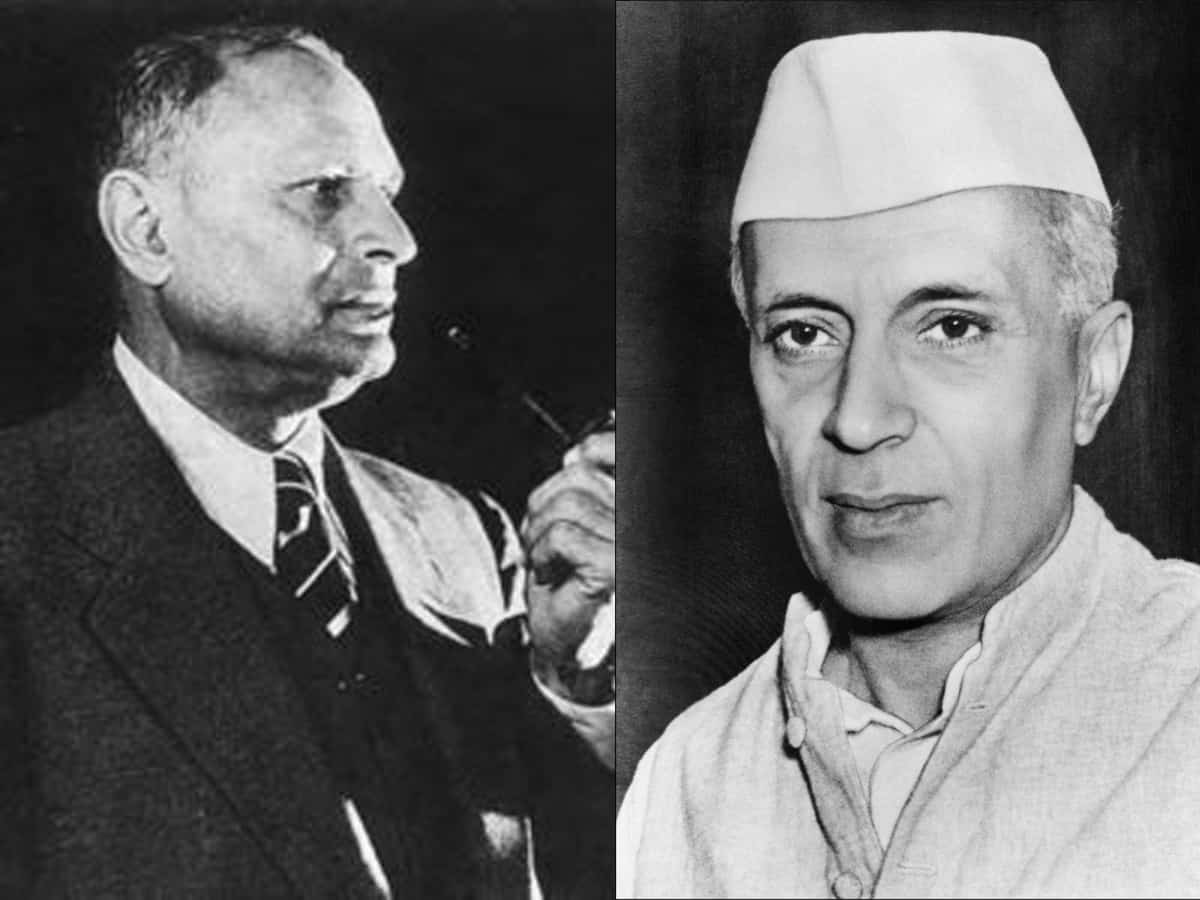
Indian players at the ongoing 19th Asian Games in Hangzhou in China are reaping a rich harvest of medals. Amidst all the joyous celebrations it is fitting to remember the men who were instrumental in starting the Asian Games movement soon after India’s independence. At the London Olympics of 1948, representatives of Asian countries got together and the idea of conducting a similar event exclusively for Asian countries was mooted by India’s delegate Guru Dutt Sondhi.
He had the full backing of Prime Minister Jawaharlal Nehru who wanted to bring the Asian nations together to promote mutual understanding through sports. Some of these were newly independent nations in Asia. Nehru found Sondhi to be a very capable person and the two of them teamed up to develop international relations by using sports as the medium.
Who was Guru Dutt Sondhi?
Sondhi was born to an influential family on 10 December 1890 in Lahore. His father was a barrister in Jalandhar and the child proved to be good at studies as well as sports. He attended the Government College, Lahore (where actor Dev Anand also studied many years later). While in college he became a running champion of Punjab University. Then his father sent him to Trinity College in Cambridge University where he gained academic honors and also represented the Trinity College hockey team.
His love for sports took him into sports administration. He was appointed the manager of India’s hockey team at three Olympic Games namely 1928, 1932 and 1936. Each time India won a gold medal and the world was awestruck at the breathtaking skills of Indian players including Dhyan Chand.
Sondhi went on to become the Secretary General of the Indian Olympic Association, President of the Athletics Federation and Vice President of the FIH (the international hockey federation). He also served as Principal of his alma mater, Government College Lahore.
He was a trouble shooter par excellence and had the ability to persuade various individuals and organisations to sink their differences and work together for common good. PM Nehru felt that he was the right man to handle the job of developing sports in newly independent India.
Teamwork between Nehru and Sondhi
The concept of the first Asian Games was discussed in the Asian Relations Conference held in New Delhi under the chairmanship of Nehru even before India’s independence. The idea was transformed into reality during the 1948 London Olympic Games when India’s Sondhi, Jorge Vargas of the Philippines and other delegates agreed to form the Asian Games Federation.
It was decided that the first Asian Games would be held in Shanghai, China. But when a civil war broke out there, Sondhi seized the opportunity to put forward the candidature of New Delhi as the alternative venue.
Prime Minister Nehru and Sondhi had already discussed this move and Sondhi knew that he had the full support of the PM in this plan. The other countries agreed to the proposal and so it happened that New Delhi hosted the first ever Asian Games in 1951.
Other nations appreciated India’s ability
The Games which began on 4th March, 1951, went on for one week and were a grand success. India had never organised any event of this level before. Even when under British rule, the country had never hosted anything as big as this. But independent India’s ability to host an event of this magnitude was widely acknowledged by other Asian nations.
Japanese athletes won the maximum number of medals (60) but host India was in second place with 51 medals. A line spoken by Nehru in his speech (Play the game in the spirit of the game) became the motto of the Games.
Today, Indians of all hues are celebrating their victories in China. The Mukherjee girls from Bengal toppled strong table tennis players from China, the burly Punjabi shot putter Tejinderpal Toor kept his tryst with the gold medal and athletes from all castes and classes stood shoulder to shoulder to power Indian teams to outstanding victories. But it all began with the foresight and planning of Prime Minister Nehru and Guru Dutt Sondhi, two visionary who had the foresight to implement the idea of the Asian Games and set the ball rolling.
